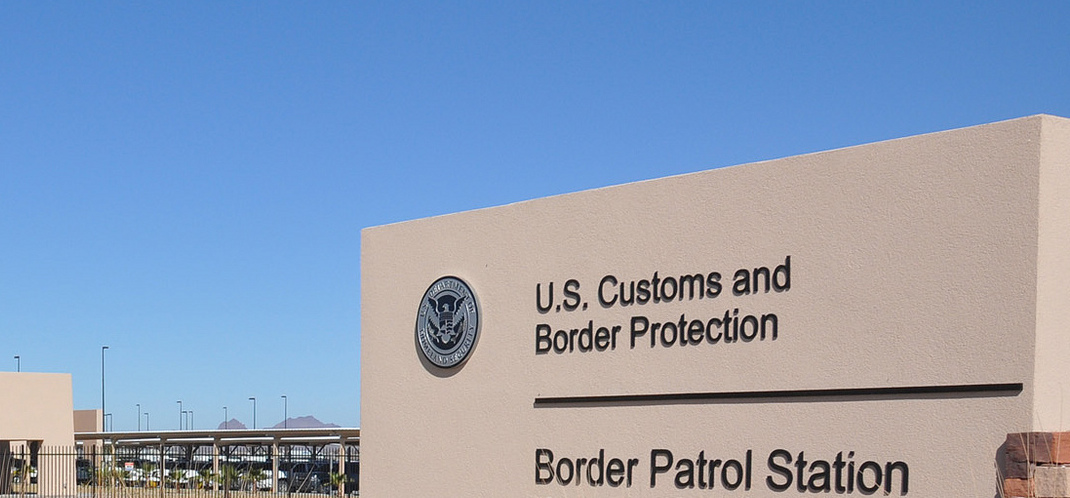Although it’s illegal for a police officer to search your electronic devices without a warrant — even after you’re arrested — the Department of Homeland Security says warrantless searches of digital content are allowed at any U.S. border. Privacy advocates and civil rights organizations are now suing the agency, claiming that border protection officers should also have a warrant before they’re allowed to search through residents’ laptops and phones. [More]
search warrants

Department Of Homeland Security Sued Over Warrantless Searches Of Electronic Devices At The U.S. Border

DOJ Demands Company Turn Over Info On 1.3 Million Visitors To Anti-Trump Website
Since most of us aren’t looking at websites via a Tor connection, we’re leaving digital footprints all over the place. The sites you visit may have a surprising amount of information on you, even if you’re not logged in, and even if you went to that site inadvertently. That’s why the Justice Department is trying to compel a web-hosting company to turn over everything it knows about anyone who ever clicked on a site that is critical of President Trump. It’s also why that company is fighting against this demand. [More]

Proposed Bill Would End Warrantless Searches Of Cellphones At U.S. Borders
More than 225 years ago, the First U.S. Congress carved out an exception to the Fourth Amendment’s search warrant requirement, allowing for warrantless searches at the border. Until recently, this was limited to the people and their physical items, but federal agents can now search your phones and computers to look at photos, read emails, watch videos — all without having to demonstrate probable cause. A new piece of bipartisan legislation hopes to close that loophole, at least for U.S. citizens and permanent resident aliens. [More]

FBI Attorney: Tech Companies Are Helping Dumb Criminals By Providing Quality Encryption
Much of the debate about encrypted devices and messaging services has been centered on more sophisticated criminal or terrorist activities, where the people involved are actively searching out ways to avoid detection by law enforcement. However, the FBI’s top attorney contends that tech companies may be inadvertently giving dimwitted crooks a leg up by making quality encryption so widely available. [More]

23 Lawmakers Want To Know What DOJ Would Do With Expanded Hacking Authority
The U.S. Congress has a month to decide on what it should do about a pending rule change that would arguably grant federal law enforcement agencies more authority to remotely hack into computers. Congress can let this amended rule go into effect by doing nothing, so before they let their idleness get the better of them, a group of nearly two-dozen members of the House and Senate are now pushing the Justice Department for more details. [More]

Court Says Facebook Can’t Challenge Search Warrants For User Data
If a company like Facebook receives a subpoena for user data in a civil lawsuit, it can make its case to the court about why it should not have to oblige. But when that information request is in the form of a search warrant in a criminal investigation, Facebook doesn’t have that option. [More]

Feds Raid Gibson Guitars
Yesterday, US Fish & Wildlife Services agents issued a search warrant on Gibson Guitars’ manufacturing plant in Nashville, TN. The Nashville Post writes that they “seized wood, guitars, computers and boxes of files from Gibson Guitar’s Massman Road manufacturing facility.”

